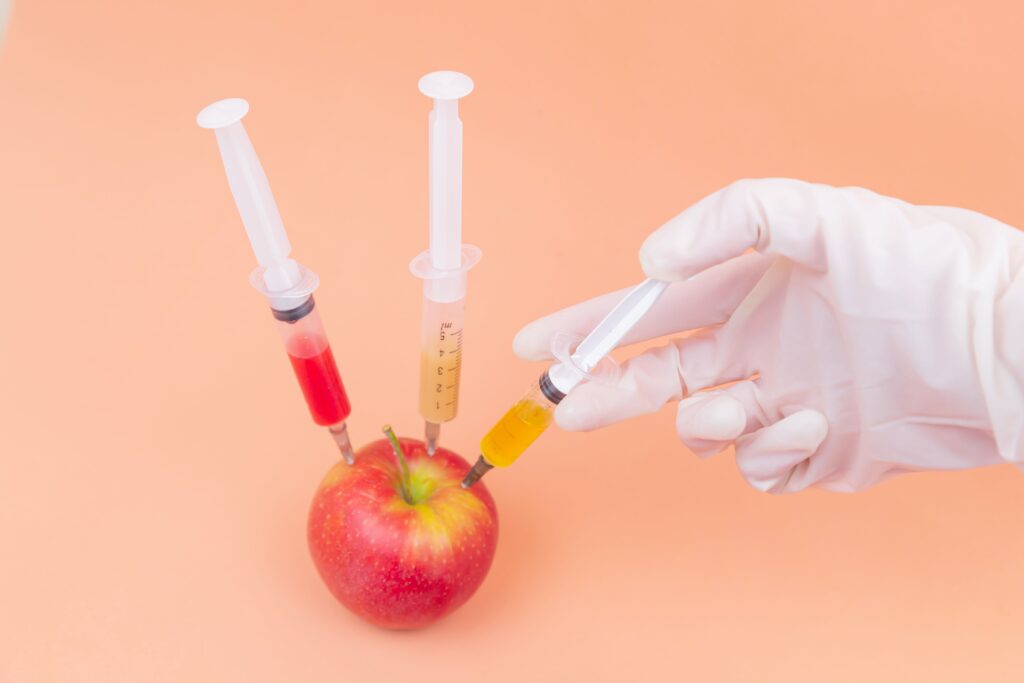California may be on its way to banning certain food additives in commonly consumed foods in the United States. Assembly Bill (AB) 418 would prohibit California food products from containing 5 substances, including brominated vegetable oil, potassium bromate, propylparaben, Red Dye 3, and titanium dioxide.
All of these additives are under a near total ban in the European Union, and some are also banned in India and China but have been approved by the U.S. Food and Drug Administration (FDA) for use in American food products.
However, some experts have deemed the additives harmful, and some even carcinogenic.
Why ban these food additives?
While the National Institutes of Health (NIH) considers titanium dioxide biologically inert, it published a study deeming TiO2 nanoparticles possibly carcinogenic. Titanium dioxide is used primarily as a coloring agent to make products like flour and candy look more vibrant.
Red Dye 3, commonly found in candy and fruity drinks, has been linked to behavioral problems such as hyperactivity.
Propylparabens have been shown to adversely affect the endocrine system which regulates hormones, and have been linked to reproductive issues.
Brominated vegetable oil has been linked to nervous system damage.
Potassium bromate is used in bread to strengthen dough and is considered a “possible human carcinogen,” according to an NIH study.
California’s GDP in 2022 was $3.6T, which would make it the fifth-largest economy in the world if it were a country. This gives the state power in steering regulations that the rest of the nation passively adopts because businesses would rather not have to create two types of products within the same country to comply with one powerful state’s rules. Many food products that contain the soon-to-be-banned substances within the U.S. already have alternative versions for EU consumption. Phasing out the chemicals in favor of EU versions will be easier than having to entirely revamp product recipes.
California has displayed its power to steer businesses in other industries. The state influenced automakers by mandating the adoption of tougher vehicle emissions standards. Last year, California’s governor signed an executive order requiring all vehicles sold in the state to be electric by 2035, pushing vehicle manufacturers to invest more heavily in EVs.
The food additive ban initially saw backlash from the industry and some media outlets, being called the “Skittles Ban Bill,” but businesses will likely modify ingredients rather than pull their items from grocery store shelves. Companies will also have two more years to comply, as the bill was modified to go into effect in 2027 rather than 2025.














